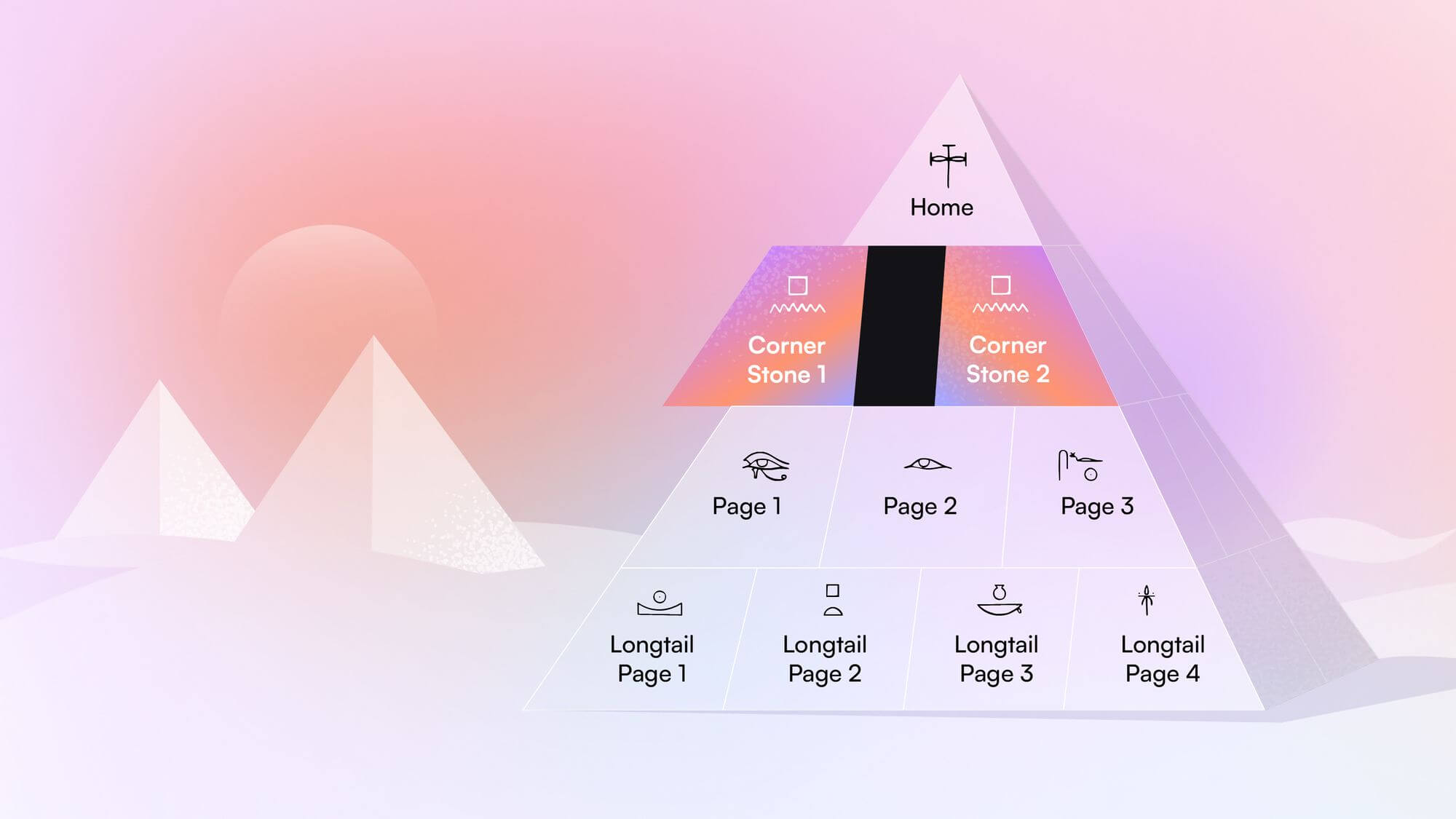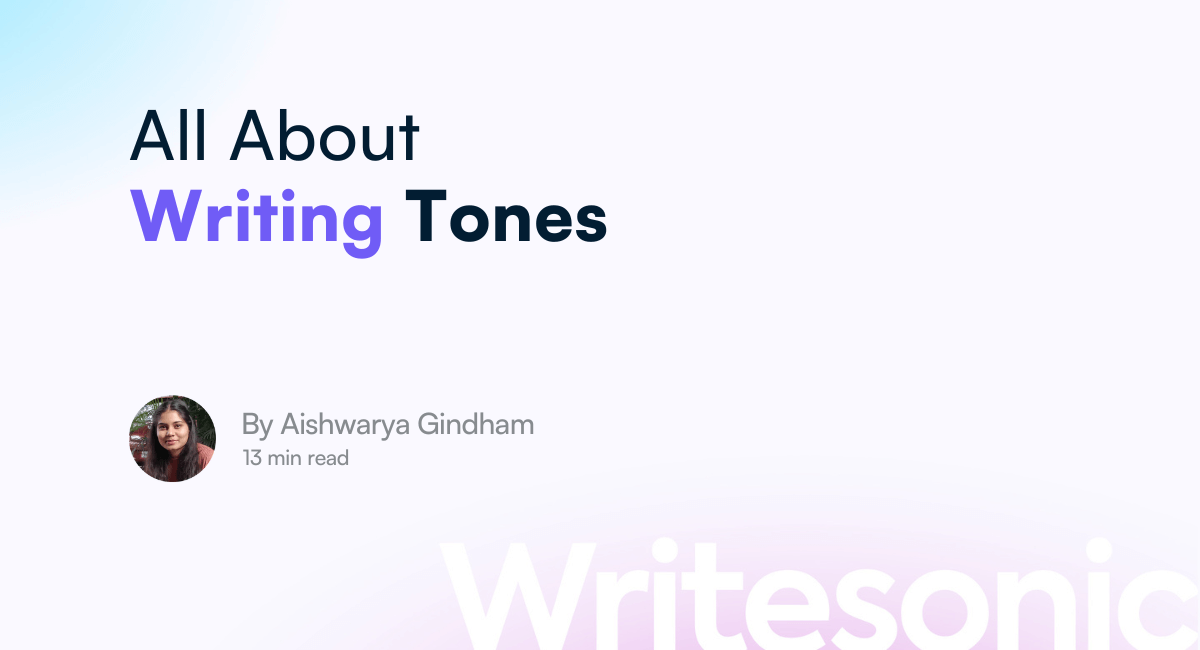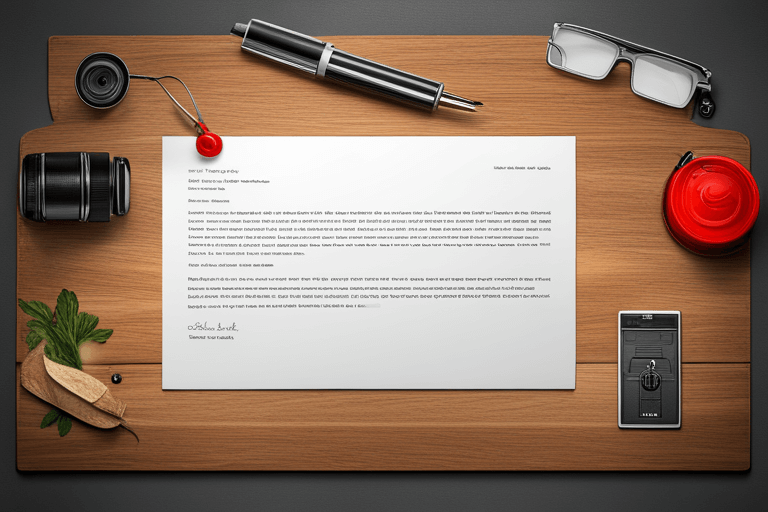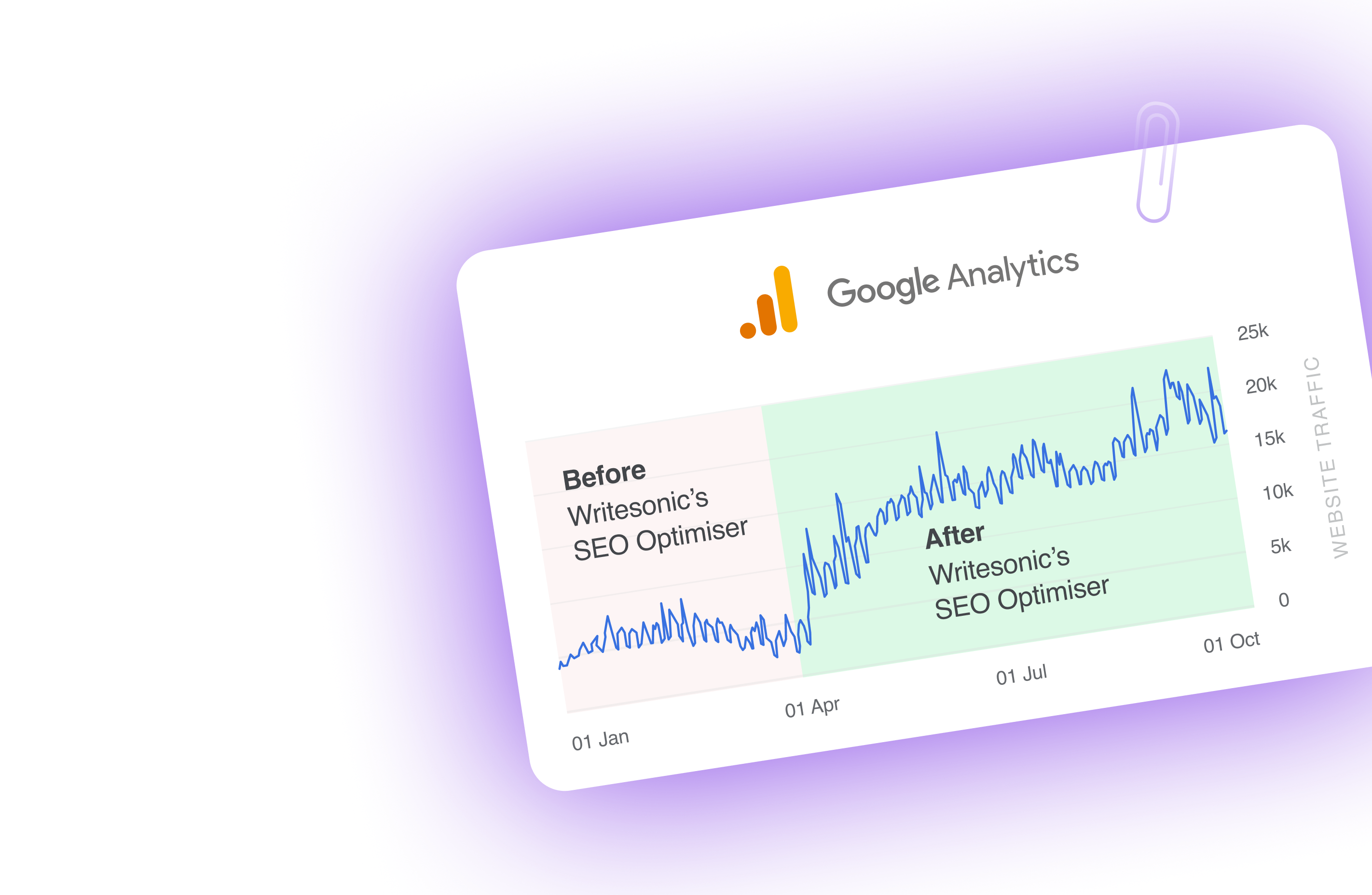Have you ever noticed how some articles just grab your attention and make it impossible to skip?
That’s the magic of listicle format blogs. They’re versatile, practical, and incredibly effective for readers.
In fact, research suggests that listicles get almost twice as much traffic than other types of blog posts.
Listicle blogs are popular simply because people are usually in a hurry to read, and lists make content much easier to scan, digest, and share.
So, if you want to learn about how to write a listicle that not only captivates your audience but also drives a ton of traffic to your site, stick around!
We’ll break down the key elements, show you some killer listicle examples, and give you practical tips to create your own.
What is a listicle?
A listicle is just a fancy term for an article that is structured as a list.
Think of it as a combination of a list and an article. You’ve probably seen titles like “10 Tips for Better Sleep” or “10 Best Content Optimization Tools.”
Each point on the list gets its own mini-section, making the blog incredibly engaging and easy to read.
The listicle template for blogs has taken over the internet for a good reason.
Listicles cater to our natural preference for organized information. Instead of wading through a wall of text, readers can quickly scan the points that interest them most.
Can you imagine reading a long, dense article about SEO strategies?
We’re pretty sure you’d much rather have that same content broken down into a listicle like “10 SEO Strategies for 2024.”
You’ll notice that listicle ideas are everywhere. From BuzzFeed’s quirky lists to Forbes’ prestigious “30 Under 30,” these structured articles dominate the content scene.
And it’s not just a fad — there’s data to back it up.
70% of listicle articles see an increase in CTR — just by adding a number to the headline.
But here’s the best part: listicles aren’t confined to any one niche. They’re like that versatile pair of shoes you rely on for every event.
A listicle format can make your content more engaging and digestible, whether you’re writing about tech, health, finance, or lifestyle. That’s why this blog format is a favorite among content marketers everywhere.
Why should you write more listicles?
Let’s look more deeply into why you should be incorporating more listicles into your website blog’s content mix:
1. Easy to scan and read
Let’s face it: we’re all a bit time-crunched these days.
When was the last time you read an entire article without skimming through it first?
Listicles cater to this reality by breaking down information into bite-sized, digestible chunks that are super easy to scan.
A study shows that 79% of online readers scan rather than read word-for-word, which means your content needs to be easily skimmable, and listicles fit the bill perfectly.
And with readers’ attention spans now decreasing more than ever, they simply don’t have the time to read through long paragraphs.
💡
Here’s a pro tip: use clear subheadings and bullet points to enhance readability.
Each point in your listicle should be concise and to the point. This structure helps your readers quickly find the information they’re looking for without getting overwhelmed by a wall of text.
2. Highly shareable on social media
Have you ever noticed how listicles flood your social media feeds, especially on LinkedIn, Facebook, and Twitter?
That’s because they’re inherently shareable. Their catchy headlines and easily digestible content make them perfect for social sharing.
You’ll be surprised to know that listicle blog posts receive 218% more social media shares than other types of content.
That’s a massive boost in visibility! Now just think about what it can do for your website’s traffic.
An extremely quick way to garner more shares for your blog is to create a listicle that covers other popular tools, platforms, or individual profiles, such as influencers.
Because you featured a particular person, you can reach out to the people behind each tool, and many of them will be more than happy to share your content on social media.
Plus, listicles are also great content for guest blogging collaborations, leading to higher visibility.
3. Listicles attract higher clicks on Google SERPs
Google loves listicles, and so do users.
When you search for something, you’re often greeted with listicles right at the top of the search results.
And this isn’t a coincidence.
Listicles often snag the coveted featured snippets spot because they provide clear, structured answers to users’ queries.
By structuring your content in a listicle format, you’re more likely to rank higher and attract more clicks.
Plus, the clear structure of listicles means they’re more likely to keep readers engaged, reducing bounce rates and improving your site’s SEO metrics.
Also read: How to Write an Article: A Step-by-Step Guide
How to write a listicle: 9 proven steps that drive engagement + traffic!
Creating a listicle that captivates your audience and drives engagement isn’t just about slapping a few points together.
It requires strategy, creativity, and a touch of data-driven insight.
So, let’s break down the steps to crafting a listicle that engages readers and ranks well in search engines.
Step 1: Choose a topic
Your topic is the foundation of your listicle.
It needs to resonate with your audience and align with your expertise.
Use keyword research tools like BuzzSumo and Google Trends to discover trending topics and listicle ideas. Aim for a topic specific enough to provide value but broad enough to attract a wide audience.
For example, a topic like “10 Content Marketing Strategies for 2024” can be timely and relevant if you’re in the marketing niche.
Ensure your topic addresses a common problem or interest among your target audience to grab attention.
💡
P.S.: Try Writesonic’s Keyword Researcher for an in-depth topic analysis!
Step 2: Write a click-worthy listicle headline
Your headline is your first impression, so make it count.
Craft a headline that grabs attention and clearly states the benefit or takeaway. For instance, “7 Proven Steps to Boost Your SEO Rankings” tells readers exactly what they’ll gain from the article.
Here are some tips to follow for a compelling and impactful listicle headline:
- Use power and emotional trigger words to make your headline more enticing.
- Headlines with numbers are 36% more likely to get clicked.
- Be specific and clear.
- For example, the title “5 Strategies to Boost Your Website Traffic by 200% in 30 Days” is much more effective than “Guide to Website Traffic”
- Keep it short and sweet.
Here’s an example of a compelling listicle blog title:
As you can see, this blog title consists of a number and power words to attract readers.
At the same time, it’s short and sweet but also very clear and descriptive, so readers know exactly what to expect from this listicle article.
One thing to note here is that crafting an attractive title is also a great way to boost the SEO quality of your listicle blog.
💡
Pro tip: If you’re stuck and need ideas for your next listicle blog headline, try Writesonic’s FREE AI Title Generator!
Step 3: Write a compelling introduction
A captivating introduction is the key to setting the tone of your listicle blog and keeping your readers hooked.
You can do this by sharing an interesting fact, statistic, or personal example.
This sets the stage and entices readers to continue.
Finally, remember to clearly explain exactly what readers will learn from the listicle and why they should keep reading.
If you don’t offer a compelling reason to keep reading, you’ll just end up with a high bounce rate.
Step 4: Provide valuable content for each point
Each item on your list should provide actionable insights or valuable information. Avoid vague or generic advice. Enrich your content with data, examples, and practical tips.
Be sure to use your H2 and H3 headings properly.
Your list of items should be well-structured and have headings that are easily scannable and very clear for readers.
But it’s important not to make this structure too confusing for your readers otherwise, your listicle will end up serving more as an in-depth guide.
Remember that a lousy list post is filled with fluff and offers no tangible, valuable takeaways for the reader.
Your listicle should give readers more than a list of things to do. It should also include valuable content that explains each step.
Step 5: Use a consistent structure
To improve readability, maintain a uniform format for each point. Start with a brief explanation, followed by tips or examples.
This consistency helps readers easily follow along and absorb the information.
For example, each point could start with a bold subheading, followed by a couple of sentences explaining the tip, and then a relevant example or data.
Also, avoid having large chunks of text throughout your listicle blog. Long paragraphs on a complex topic can overwhelm readers just by scanning an article.
To prevent this issue, keep each section between 100 and 200 words.
Making every sentence count is essential, so condense points wherever possible while maintaining clarity.
Some other strategies for a well-structured listicle include:
- Follow the KISS formula: Keep it short and simple
- Make clean points: Each sentence should talk about one point. Nothing more, nothing less.
- Be thorough but not verbose: Wordy explanations lose readers faster than an abrupt ending.
Also read: How to Write an Article: A Step-by-Step Guide
Step 6: Include relevant examples or data
Support your points with statistics or case studies to add credibility.
For instance, if you’re writing about social media marketing, simply discussing its importance, benefits, and types of strategies will not be enough.
To really tap into your reader’s mind, mentioning facts from valid and reliable sources backs up your claims and provides readers with valuable insights.
Including data and examples makes your content more trustworthy and engaging. It shows that you’ve done your research and provides concrete evidence to support your advice.
Step 7: Interlink to other related articles
You might have noticed how some listicles have hyperlinks within the blog that lead to other pages of their website.
Adding links to your other relevant blog posts keeps readers on your site longer.
Interlinking improves SEO and provides additional value to your audience by offering more in-depth information on related topics.
For example, if you’re writing a listicle about content marketing strategies, you could link to a previous post about “The Ultimate Guide to SEO.”
This keeps readers engaged with your content and increases the likelihood they’ll explore your site more.
Here’s another example directly taken from one of our blogs:
These links should be hyperlinked to relevant target keywords and not randomly placed throughout your listicle.
Step 8: Proofread and edit
Ensure your listicle is free of grammatical errors and typos.
Reading your blog aloud is a great way to catch awkward phrasing and ensuring a smooth flow. This will also help you determine your listicle’s readability and engagement level.
Ultimately, a polished article enhances your credibility and reader trust.
Even minor mistakes can distract readers and undermine your authority. So, take the time to proofread and refine your content before hitting publish.
Step 9: Include a call to action
When concluding your blog, end with a clear call to action that encourages readers to share the post, leave a comment, or try out your product.
This drives engagement and provides a pathway for further interaction with your content.
The goal is to leave the readers with something actionable so you can get the most ROI out of your listicle.
You might also like: 13 Tips To Optimize Your Blog Post for Search Engines
7 types of listicle examples and templates to drive more clicks
When crafting listicles, the format you choose can significantly affect the effectiveness of your content.
Different listicle formats serve various purposes, and understanding which one to use can significantly enhance the impact of your content.
Here are seven popular examples of listicles to inspire your next blog.
1. Simple list post
Features: A straightforward compilation of items or tips with brief explanations.
When to use: Ideal for providing quick, actionable advice or resource recommendations without overwhelming the reader.
Example: 7 Best Keyword Clustering Tools to Improve Topical Authority (Tested)
What we love: This listicle template delivers exactly what it promises—a concise list of the best keyword clustering tools for content writers and SEO specialists.
Each tool is briefly described, allowing readers to grasp the benefits quickly. You’ll also notice how each tool’s section follows a particular pattern covering key features, pros, cons, and pricing.
With this skimmable structure, readers can find what they’re looking for in an organized manner.
2. Definitive list post
Features: A definitive listicle is an exhaustive compilation that covers all facets of a topic in great detail.
When to use: Perfect for creating in-depth guides that aim to provide an all-inclusive look at a subject, making it invaluable for readers seeking thorough information.
Example: Writing Formal Emails: The Ultimate Guide
What we love: This listicle is a masterclass in providing exhaustive, high-value content. The blog clearly guides readers through different scenarios like cold emails and follow-ups, making it an invaluable resource for sales professionals.
It dives deep into various sales email templates, offering specific examples, detailed explanations, and practical tips, ensuring that the content is immediately useful and adaptable.
3. Checklist list post
Features: A structured list that provides a series of steps or items to check off.
When to use: Great for procedural content where readers need to follow a series of steps to complete a task.
Example: The Ultimate Blog Post Checklist: 21 Tips for Success
What we love: This listicle offers a practical, step-by-step checklist for creating successful blog posts. Each item is clearly explained, making it easy for readers to follow along and ensure they cover all essential elements.
The checklist format is perfect for helping bloggers systematically improve their content, ensuring nothing is overlooked.
4. Resource list post
Features: A curated compilation of valuable resources, such as facts, articles, or references.
When to use: Best for sharing resource lists that readers can use to enhance their work.
Example: Top HR Blogs to Follow in 2024
What we love: This listicle compiles an extensive list of HR blogs, each with a brief description and link. The blog content serves as a valuable resource for HR professionals looking to stay updated on industry trends and best practices.
Readers can quickly discover new, high-quality content in their field, providing a centralized hub for ongoing learning and development.
5. Expert roundup list post
Features: A collection of insights and tips from industry experts.
When to use: Ideal for providing expert opinions and showcasing diverse perspectives on a specific topic.
Example: Should You Delete Old Content? 20+ Experts Weigh In
What we love: This listicle gathers insights from over 20 experts on the topic of deleting old content. Each expert shares their unique perspective and advice, providing readers with a well-rounded view of the issue.
The diverse opinions help readers make informed decisions about their own content strategy. This format not only offers valuable advice but also builds credibility by featuring respected voices in the industry.
6. “Best of” list post
Features: A compilation of the best items or resources in a particular category.
When to use: Ideal for reviews or recommendations, helping readers make informed decisions about the best options available.
Example: Best Movies of 2024 So Far
What we love: This listicle provides a curated selection of the top movies released in 2024, each accompanied by a brief review and insightful commentary.
It’s perfect for film enthusiasts looking to catch up on the year’s standout films. The post offers a diverse range of genres and styles, ensuring there’s something for every taste. The engaging descriptions and expert reviews help readers decide which films are worth watching, making it an invaluable resource for staying updated on the latest cinematic highlights.
7. Step-by-step list post
Features: A detailed guide that breaks down a process into manageable steps.
When to use: Perfect for tutorials or instructional content that requires clear, sequential guidance.
Example: How to Outsource Content Writing: A Step-by-Step Guide
What we love: This listicle provides a comprehensive, step-by-step guide on outsourcing content writing. Each step is clearly explained with practical tips and examples, making it easy for readers to follow and implement.
This format ensures that readers can systematically follow the guide and achieve successful results in outsourcing their content writing tasks.
Listicle ideas for your next blog
Finding the right topic for your next listicle can make all the difference in engaging your audience and driving traffic to your site.
Here are some sample listicle blog titles tailored for various domains, designed to spark your creativity and help you brainstorm compelling content.
Listicle ideas for e-commerce or B2C companies
- 10 Must-Have Gadgets for Your Smart Home
- 15 Summer Fashion Trends You Need to Know
- 8 Eco-Friendly Products for a Greener Lifestyle
- 12 Easy Recipes for Quick Weeknight Dinners
- 9 Tips to Enhance Your Home Decor on a Budget
Listicle ideas for B2B companies
- 7 Strategies to Boost Your Business’s Online Presence
- 5 Steps to Implement an Effective SEO Strategy
- 10 Tools Every Small Business Should Use in 2024
- How to Manage a Remote Team: 6 Effective Tips for Leaders
- 8 Key Trends in Digital Marketing for 2024
Listicle ideas for health and wellness blogs
- 10 Superfoods to Boost Your Immune System
- 7 Easy Yoga Poses for Beginners
- 12 Mental Health Apps You Need to Try ASAP!
- A Step-by-Step Guide to Maintaining a Healthy Work-Life Balance: 8 Practical Steps
- 5 Essential Oils and Their Benefits
Listicle ideas for technology and innovation blogs
- 10 Breakthrough Technologies to Watch in 2024
- 7 Tips for Enhancing Cybersecurity in Your Business
- 12 Must-Have Apps for Productivity
- 5 Trends Shaping the Future of AI
- 8 Practical Ways to Implement IoT in Your Home
Listicle ideas for travel and adventure blogs
- 10 Hidden Gems to Explore in Europe
- 7 Adventure Sports to Try This Summer
- A 10-Step Checklist for Stress-Free Vacation Planning
- 8 Budget-Friendly Travel Destinations in USA
- 5 Best Road Trips for Summer 2024 in USA
Write Listicles that go viral with Writesonic AI Article Writer 6.0!
There you have it!
It’s clear that listicles are a powerful addition to your website’s content strategy.
But if you’re looking to take your listicle game to the next level, Writesonic AI Article Writer 6.0 is your go-to solution.
Writesonic’s AI makes the entire listicle creation process smooth and efficient. Here’s how:
- Automated topic generation: Find trending topics effortlessly.
- Catchy headline suggestions: Creates attention-grabbing titles.
- SEO optimization: Rank higher on search engines through content grading.
- Data-driven content structuring: For captivating and SEO-optimized content
With Writesonic, you can save hours of writing and editing while boosting your content’s reach and impact.
Just let our cutting-edge tech handle all the heavy lifting, so you can focus on being creative and strategic with your content!
Why not give it a try?
Incorporate Writesonic AI Article Writer 6.0 into your workflow today, and watch your listicles go viral!

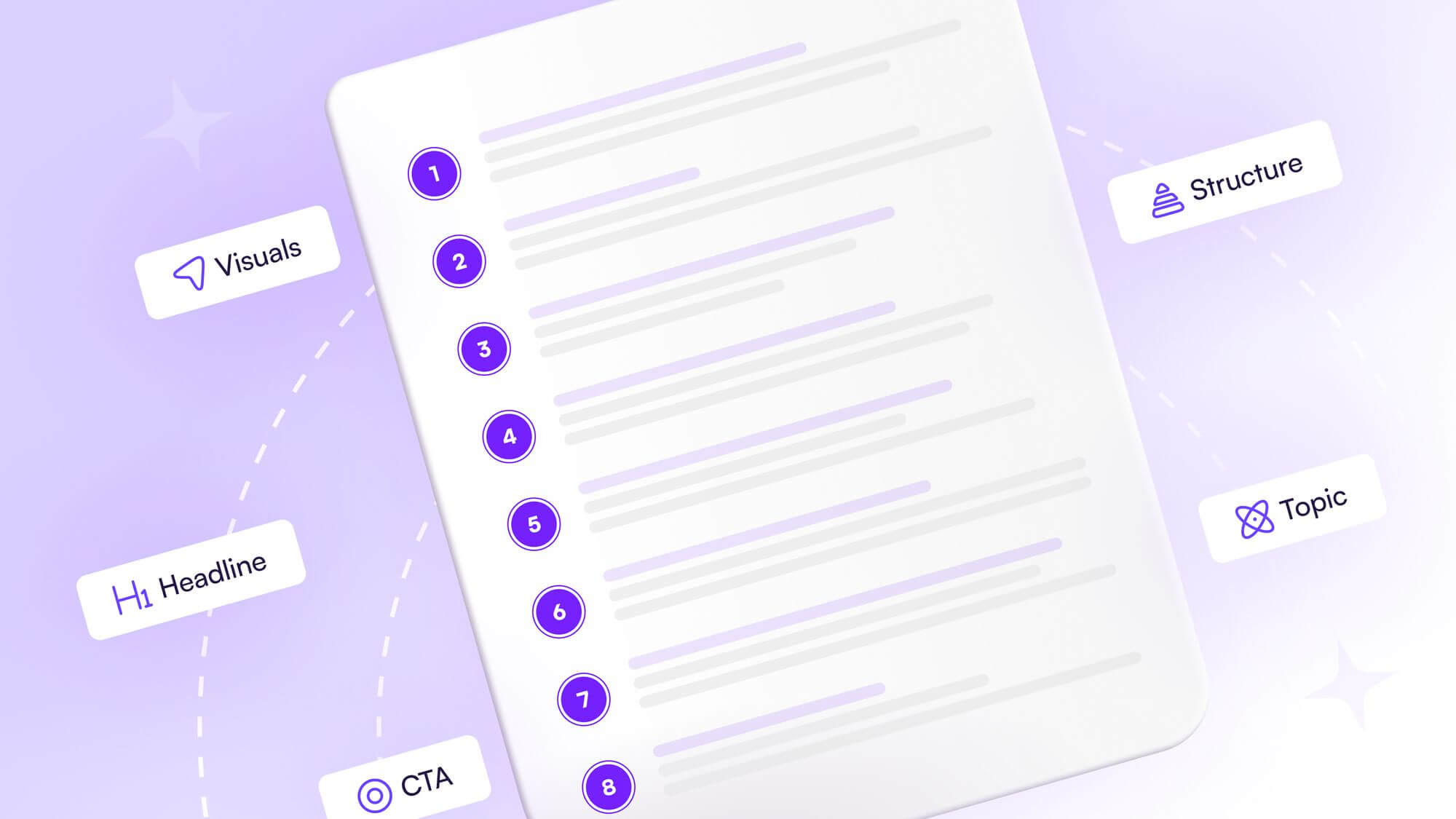





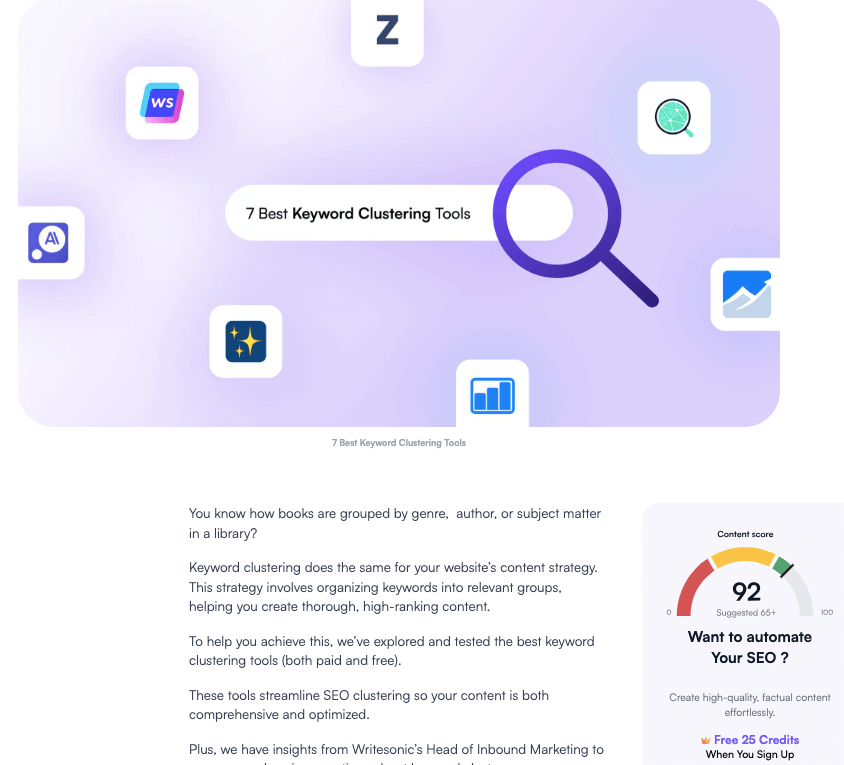
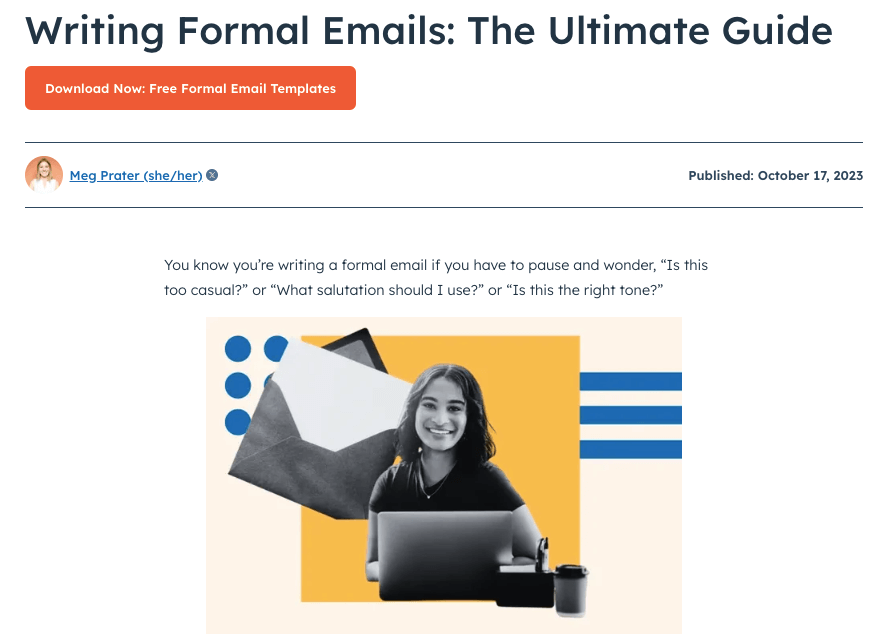
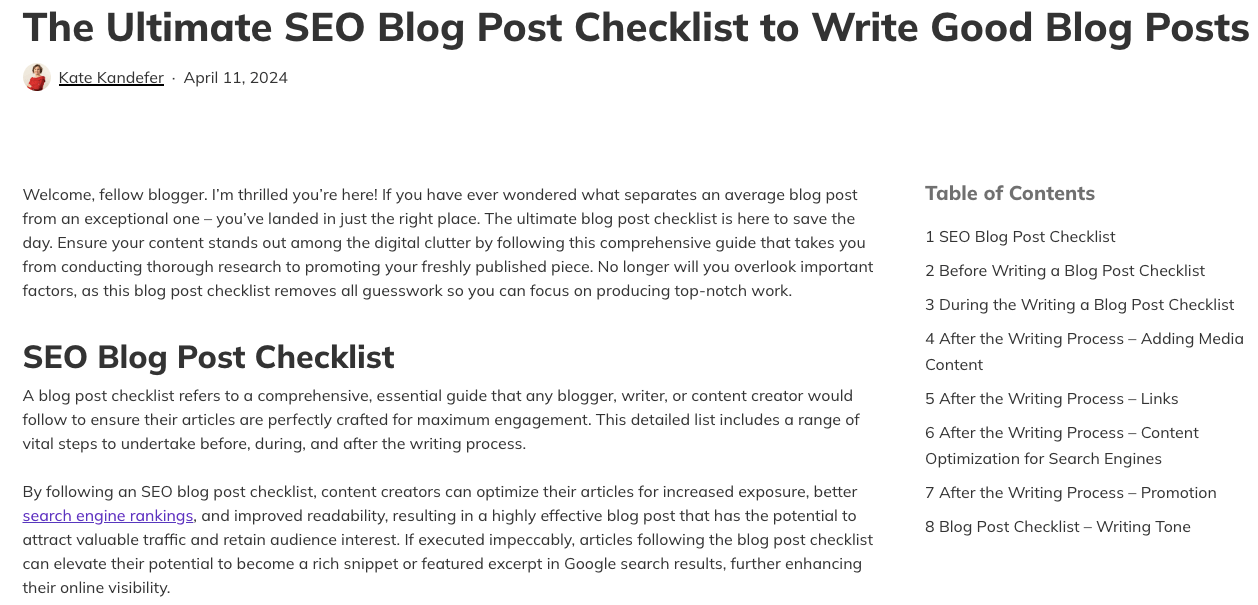
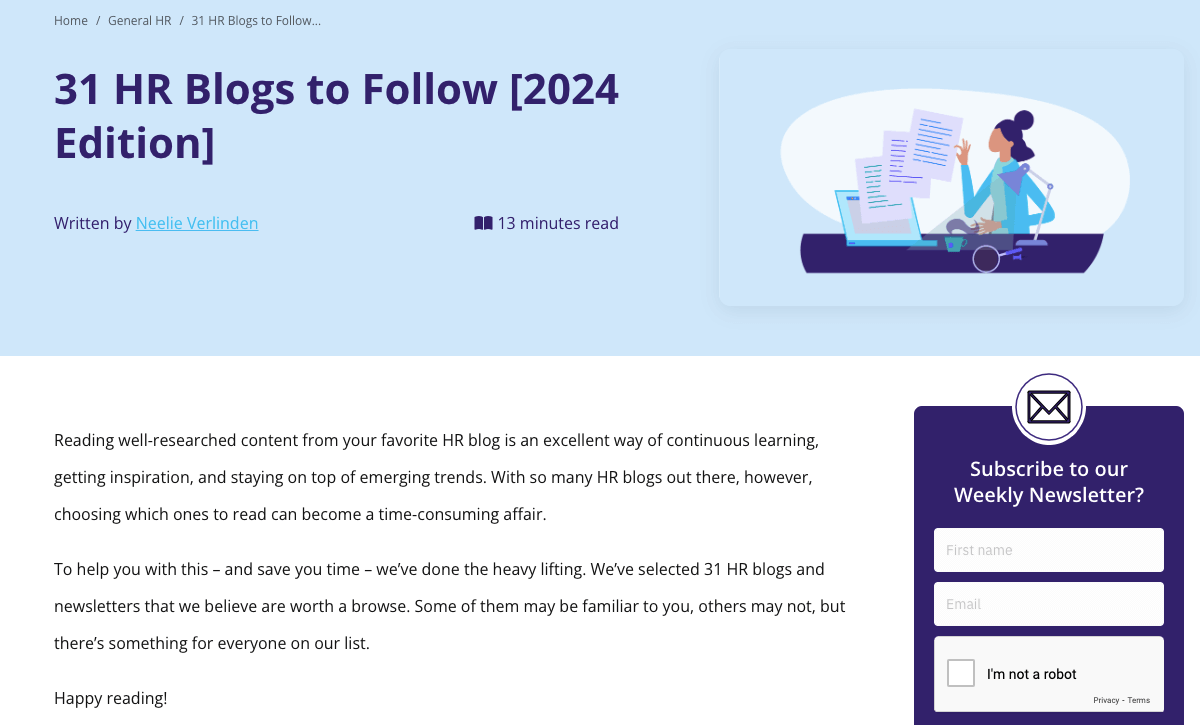
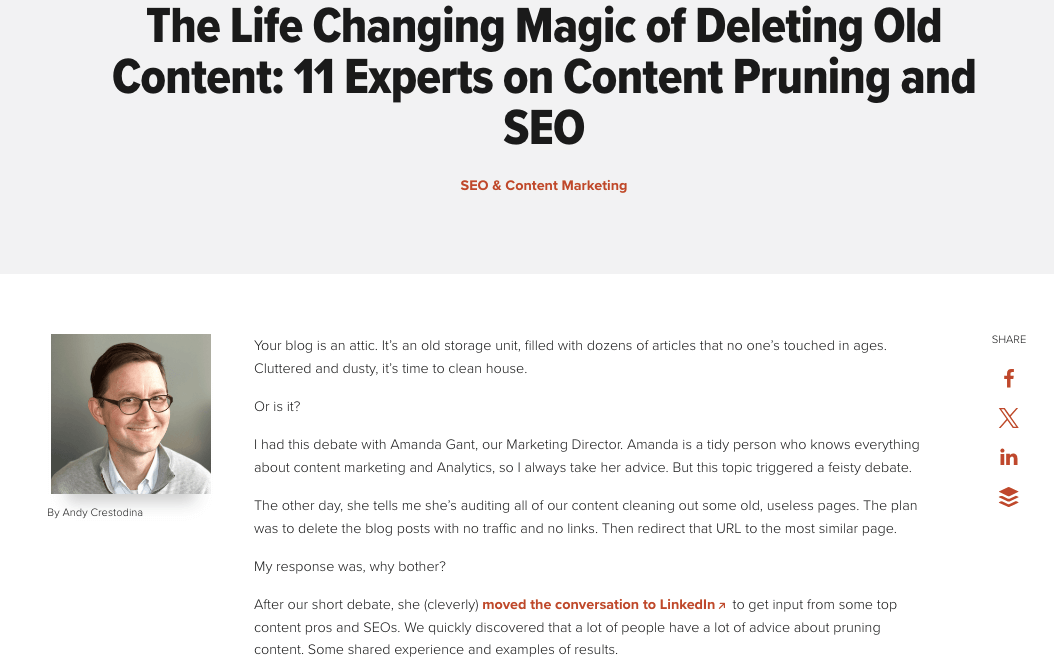



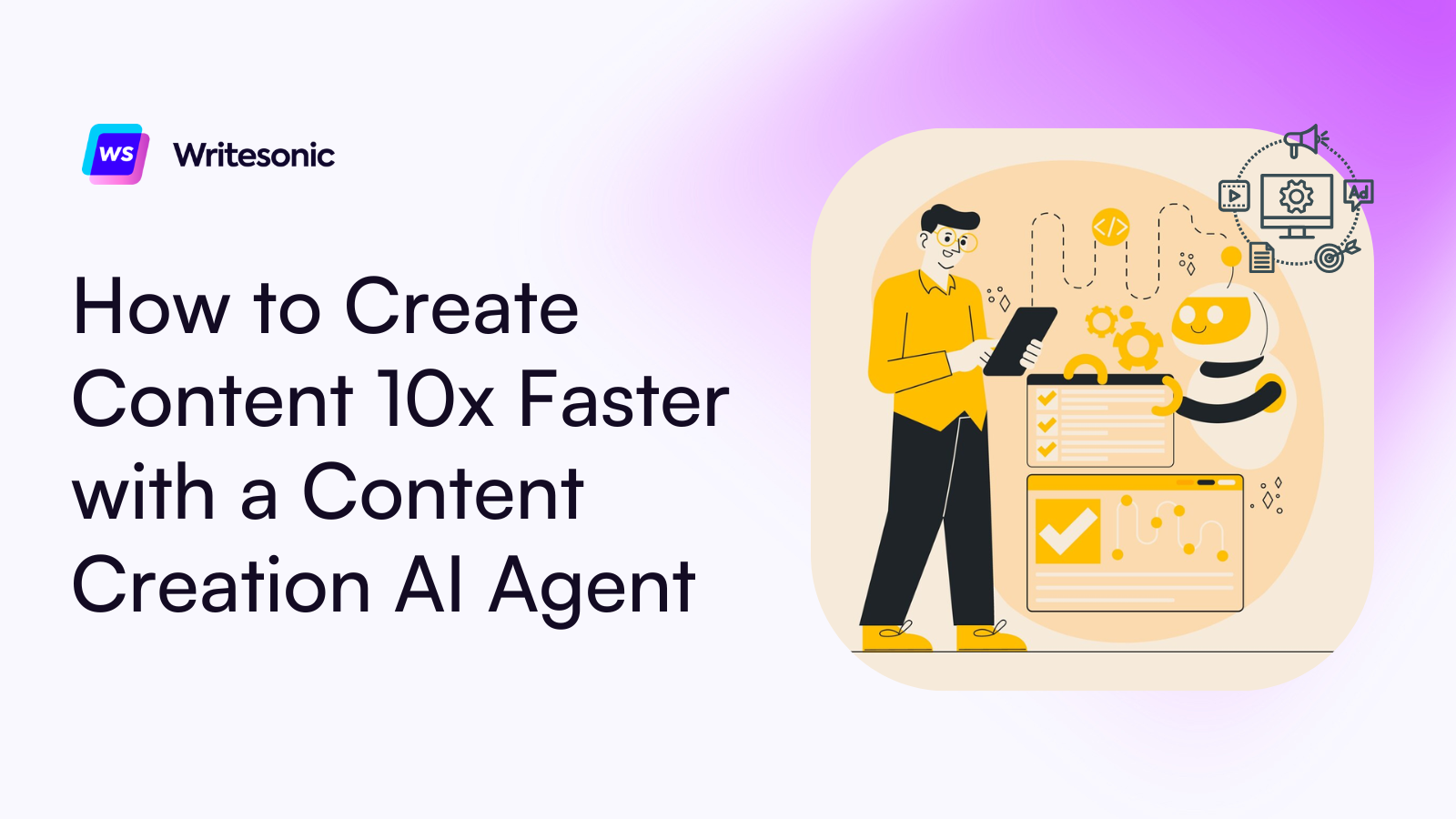


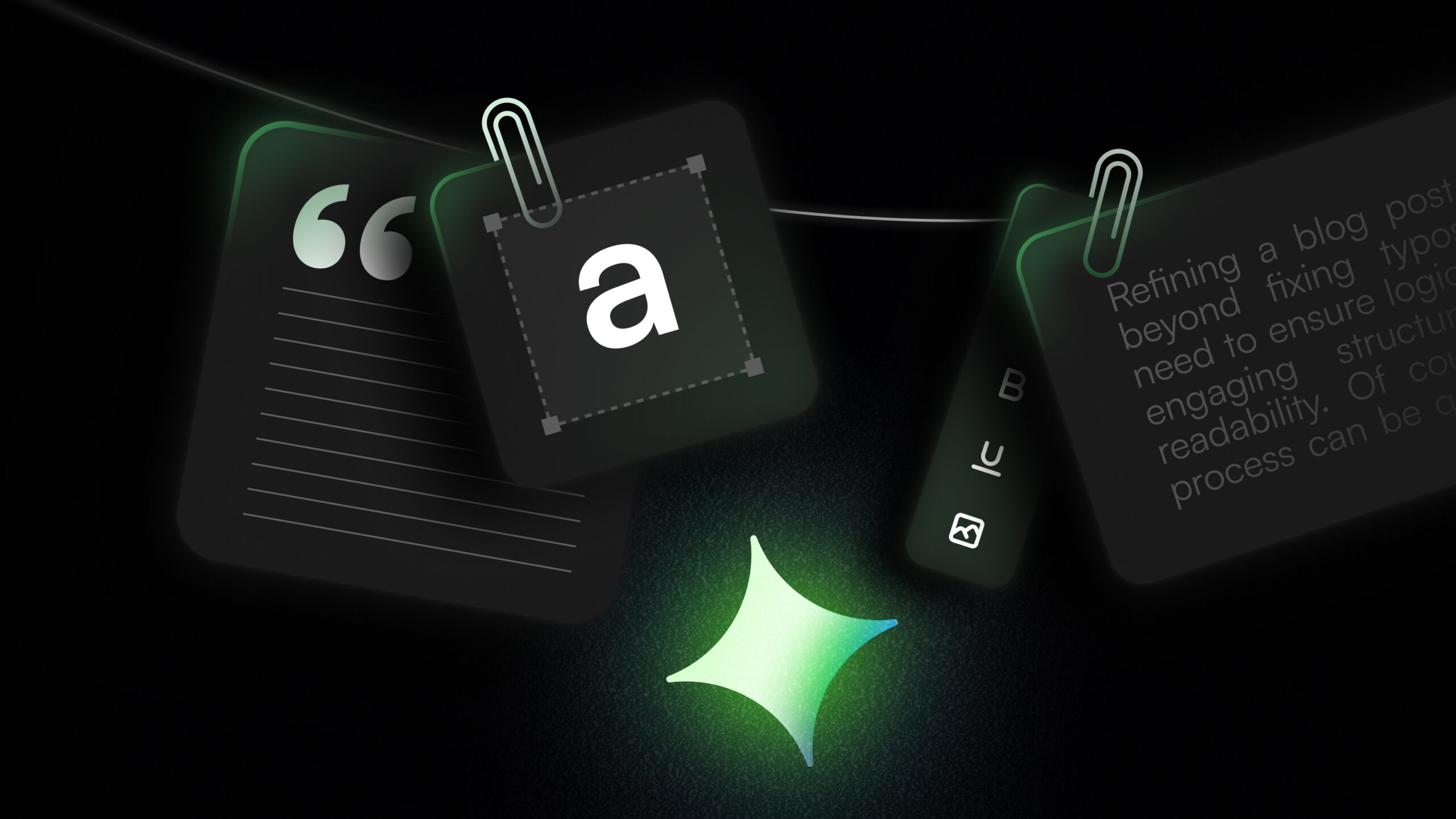

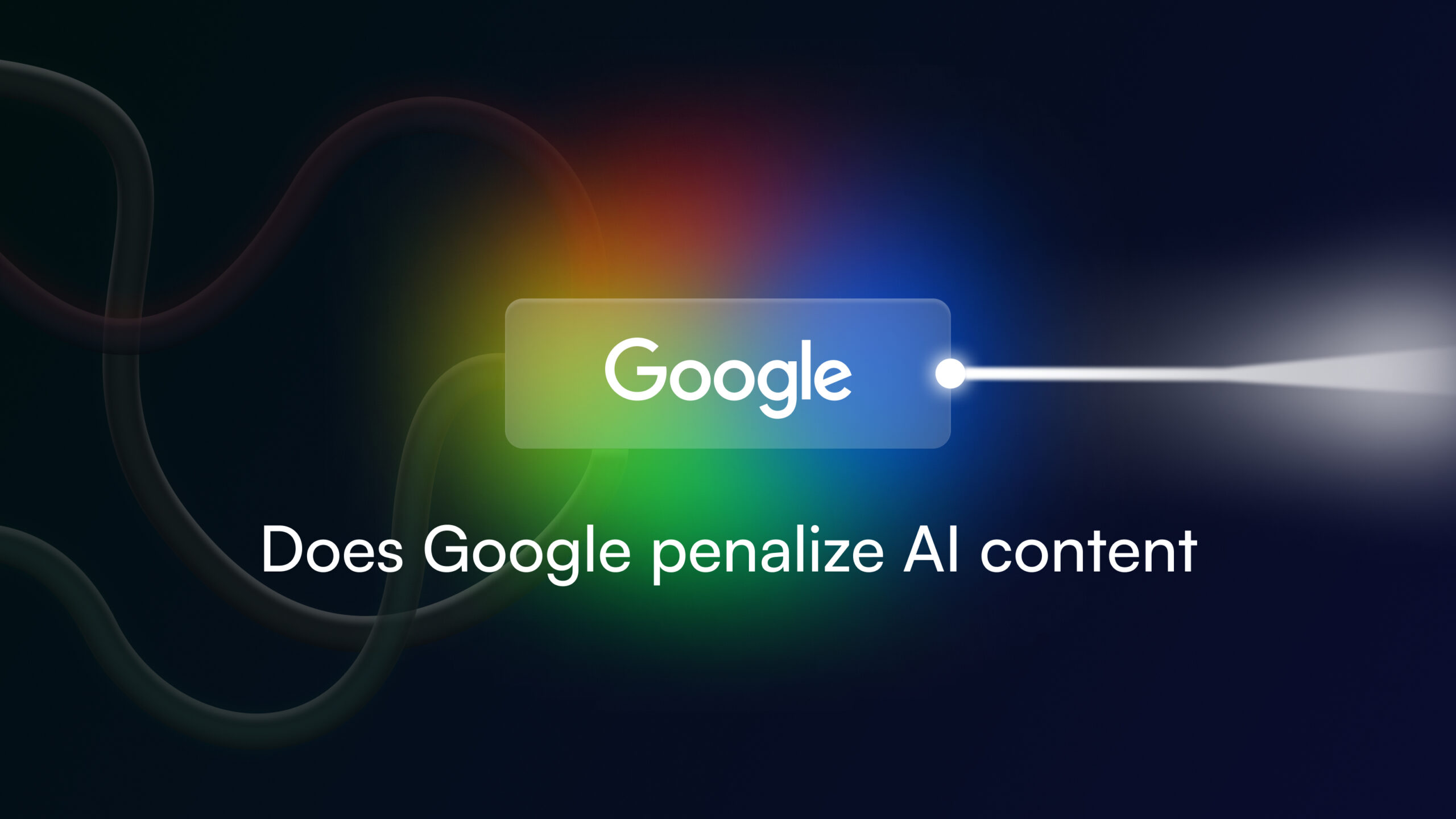
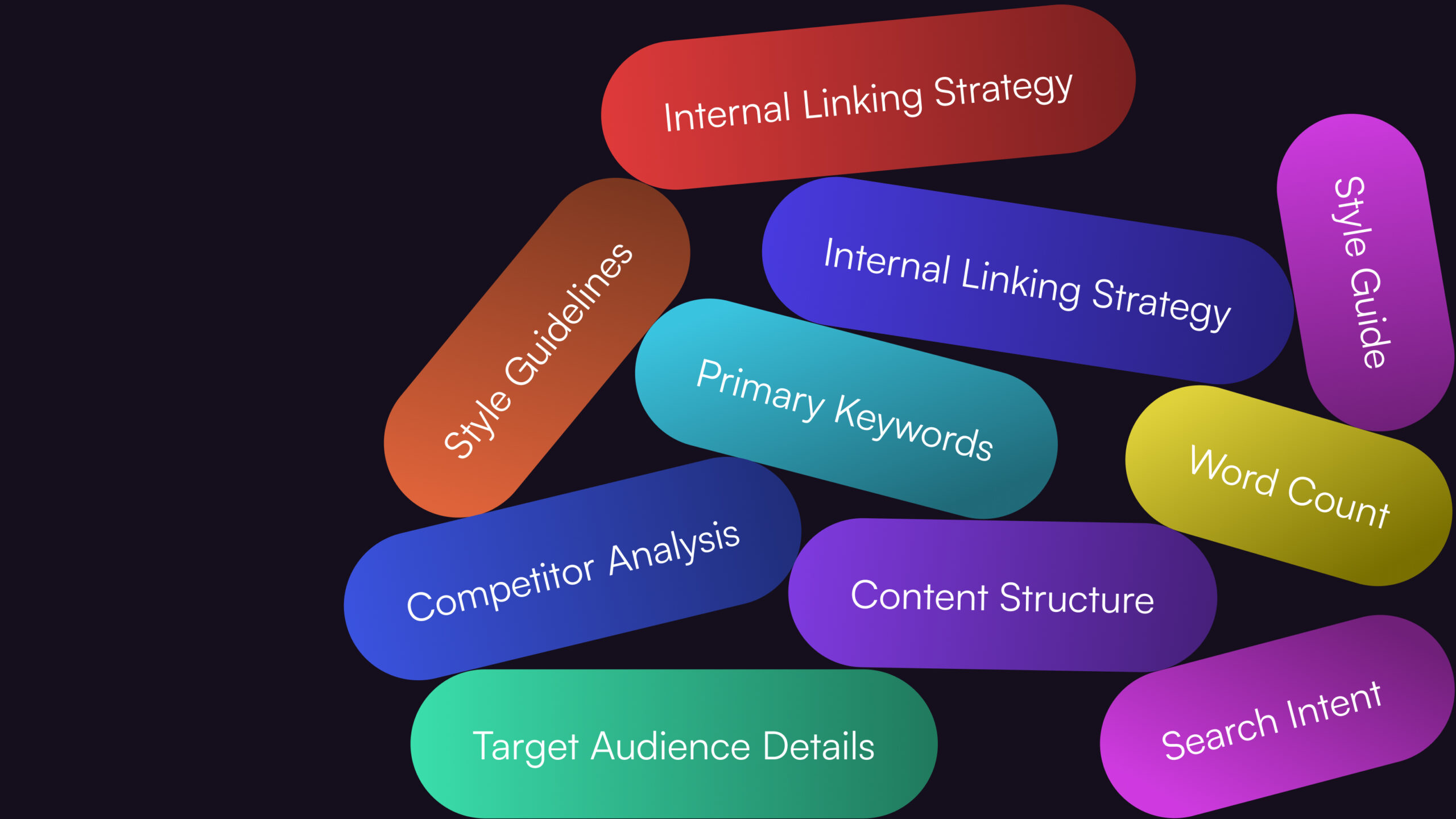



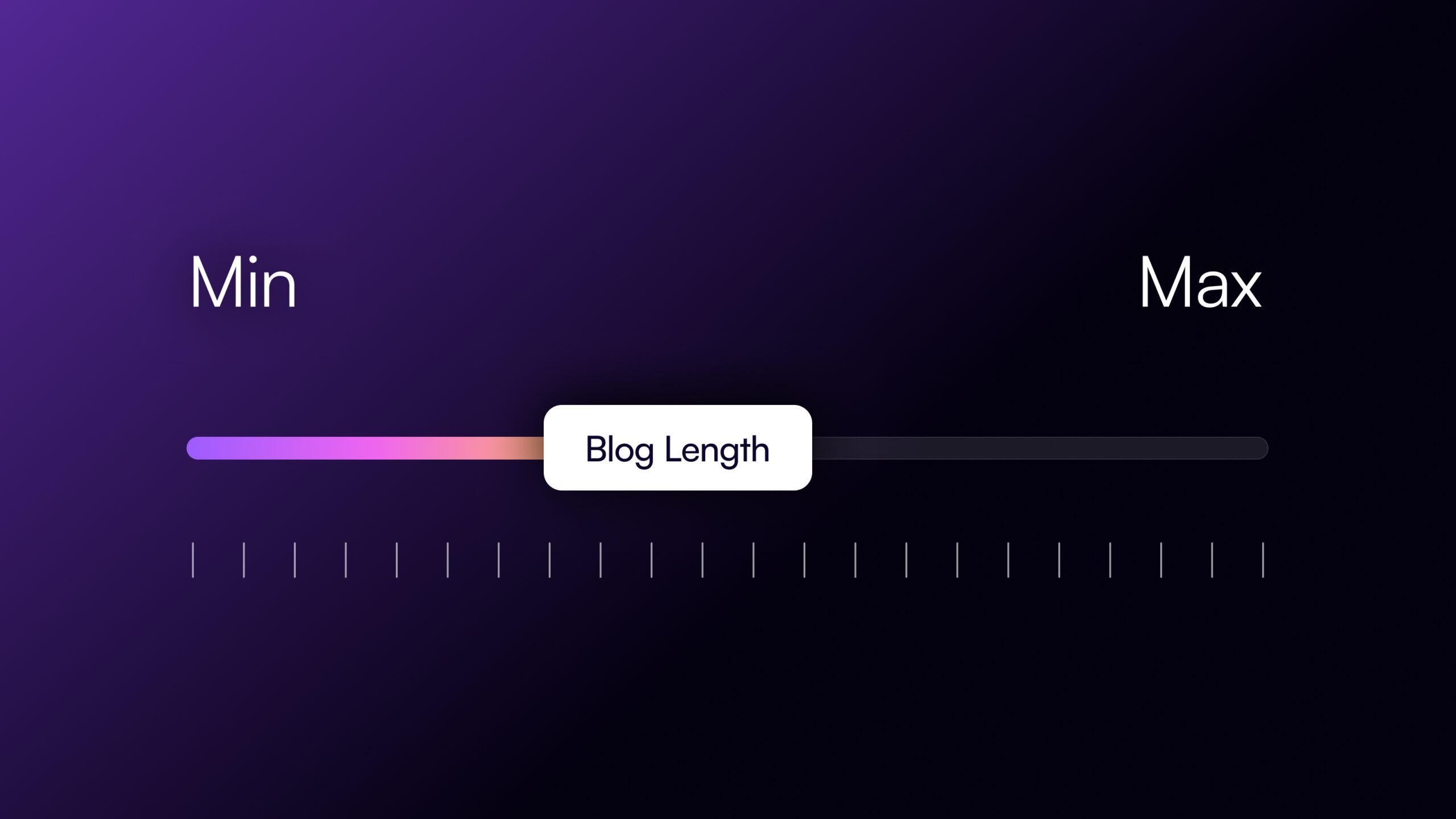
![The 11 Best AI Writing Tools to Try in 2025 [Tried & Tested]](/wp-content/uploads/AI-Writing-tools-For-Business.jpg)
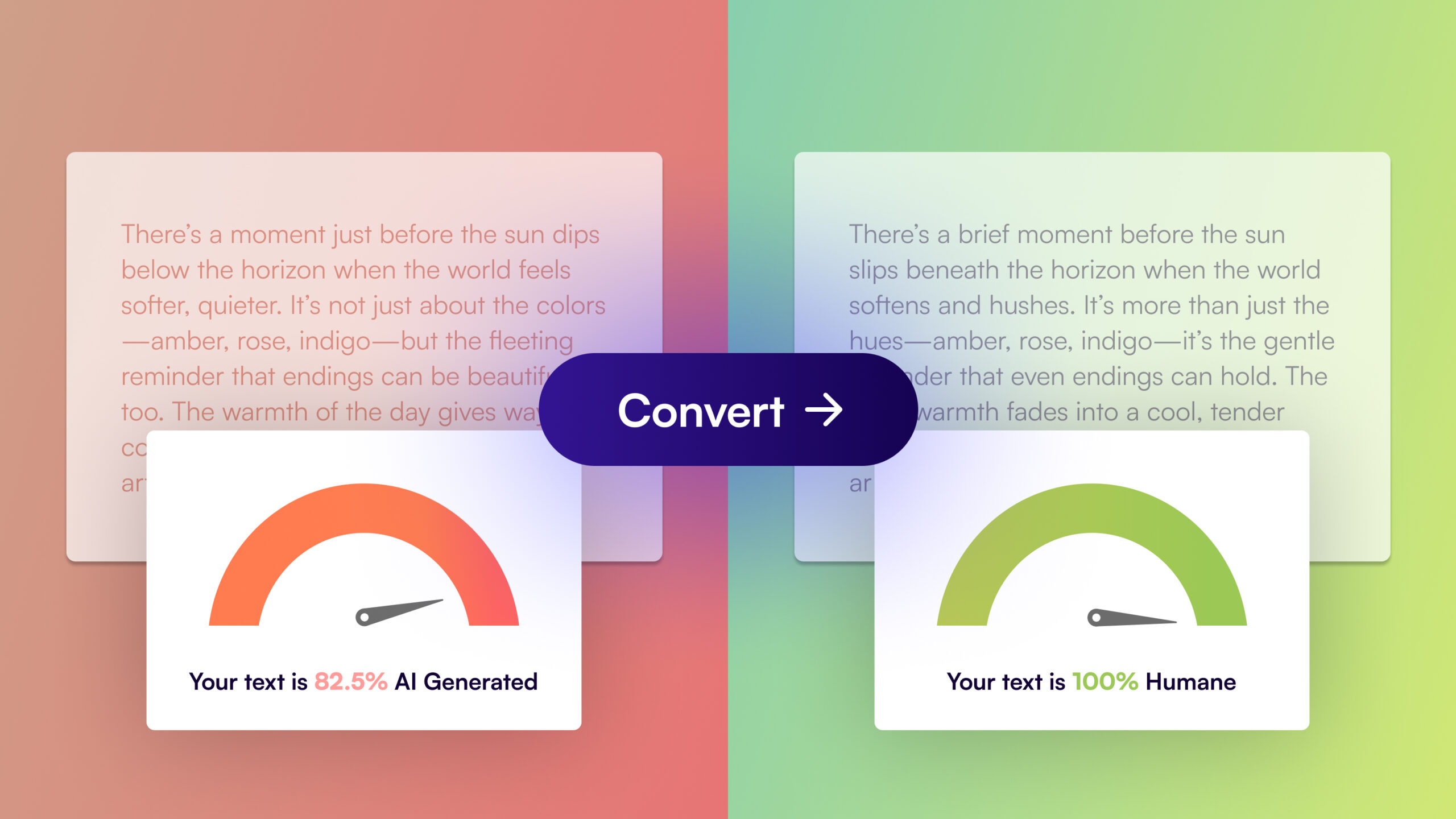
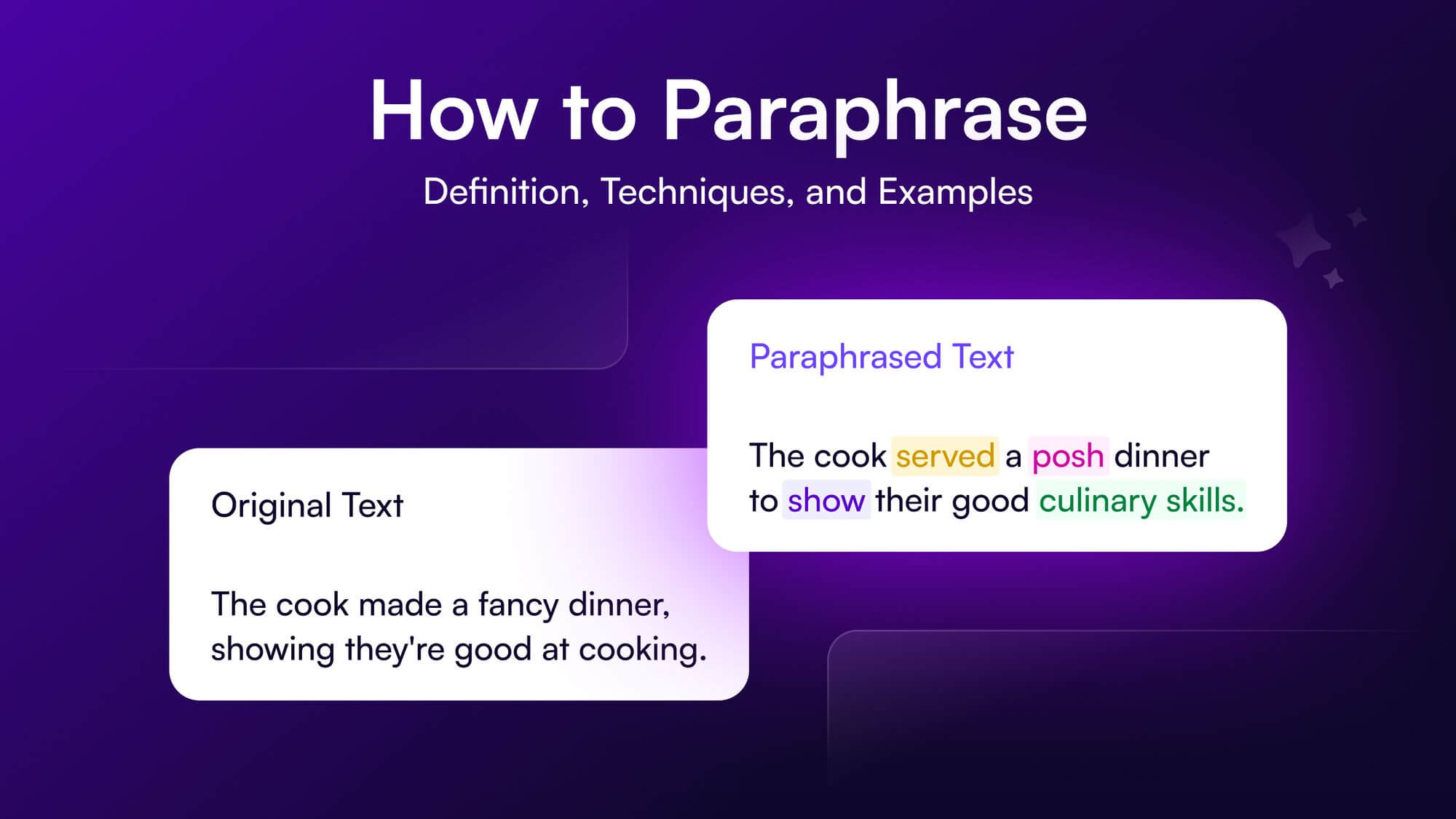


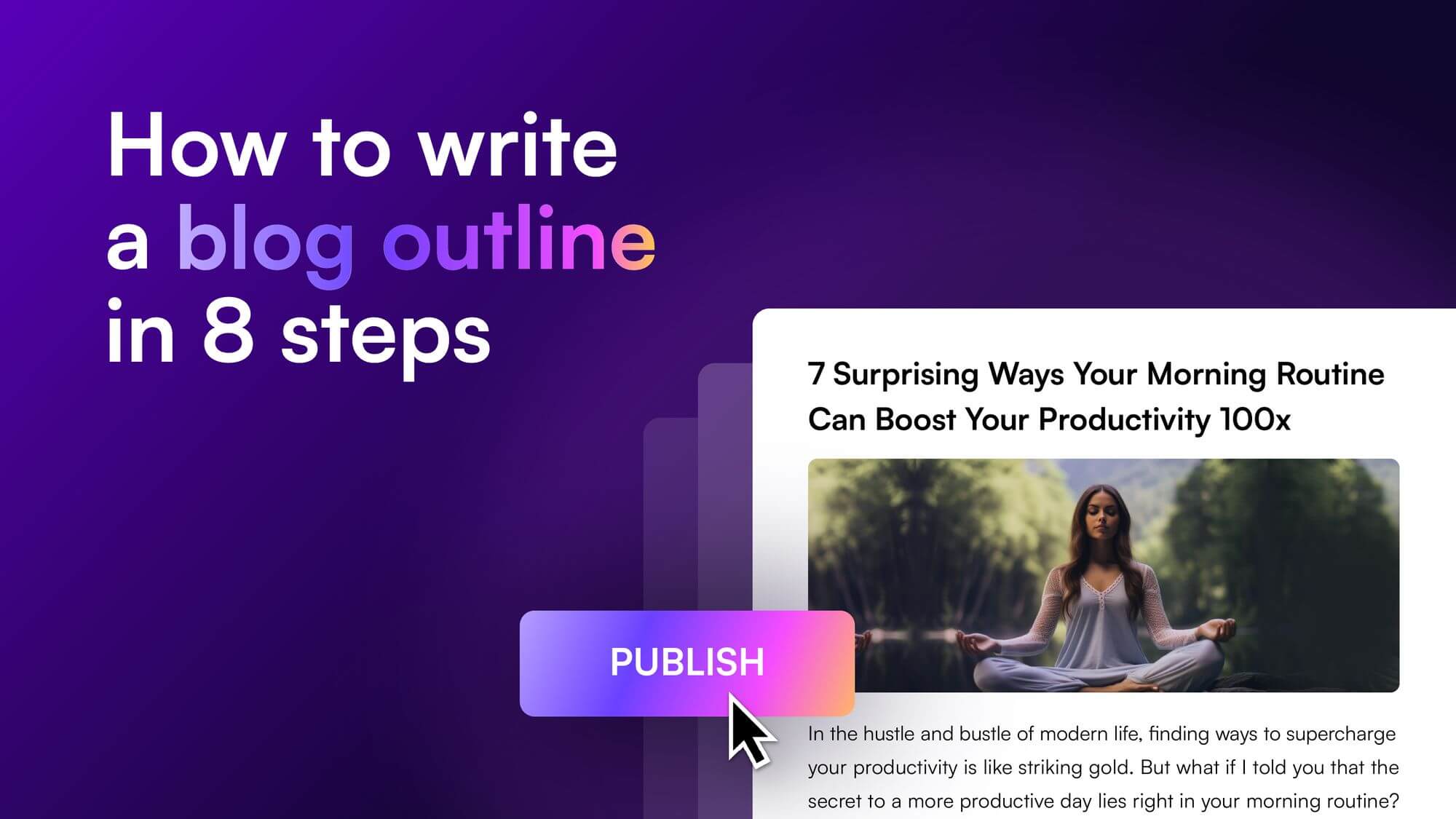

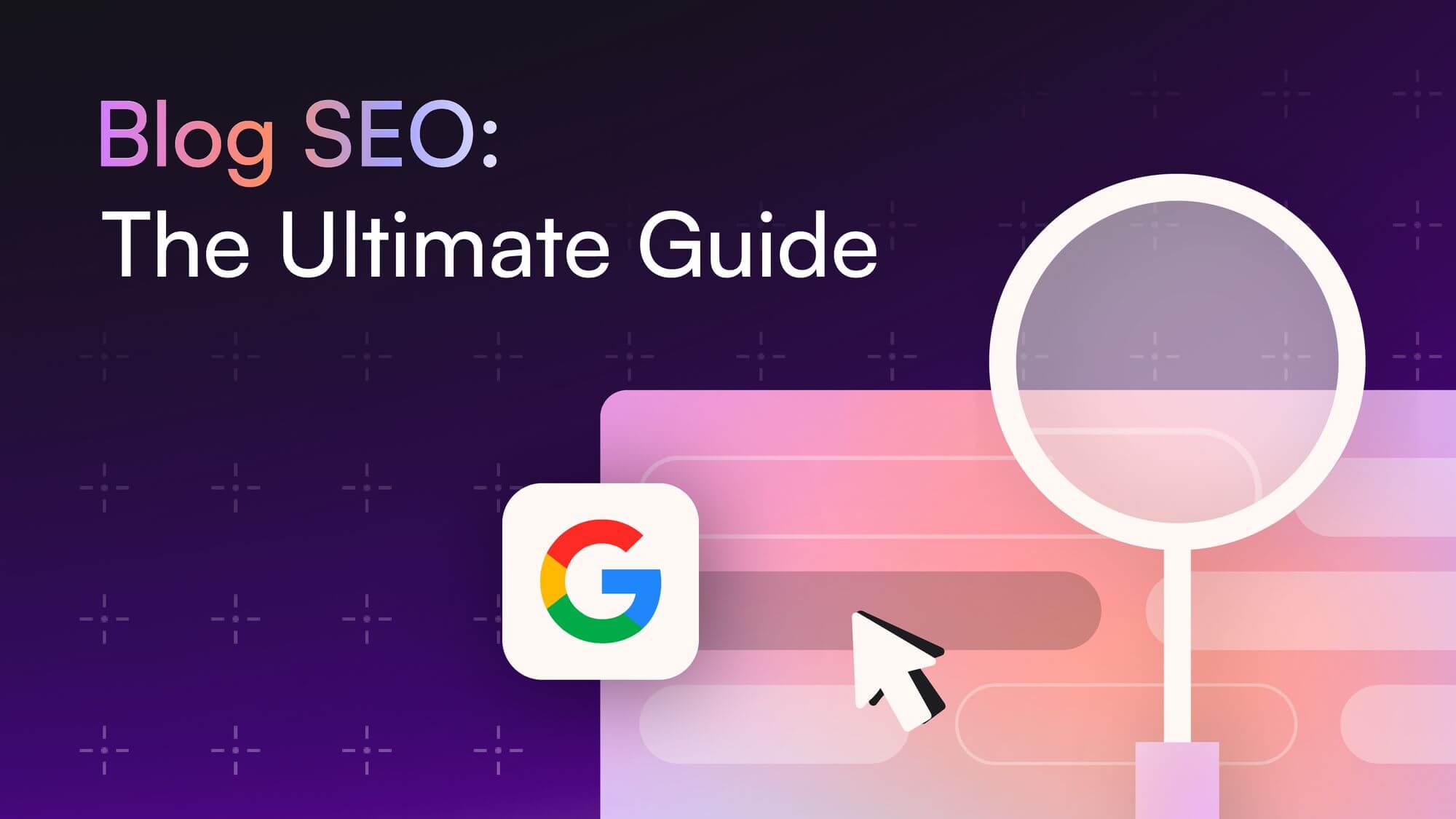

![How to Write a Blog in 2025: A Step-by-Step Guide [+Free Checklist]](/wp-content/uploads/How-to-write-a-blog-Thumbnail.jpg)


